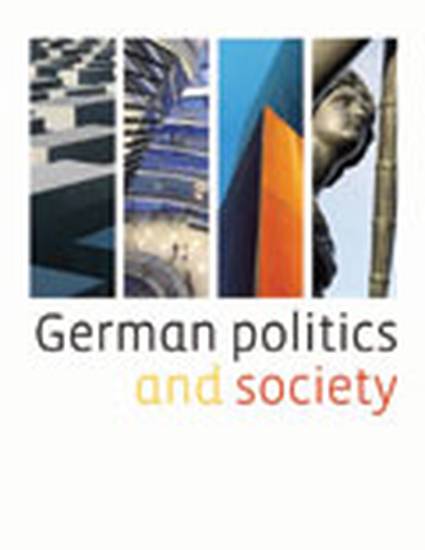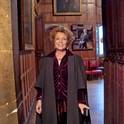
Article
Kan-di(e)-dat?
German Politics and Society
(2018)
Abstract
Angela Merkel’s four national election campaigns offer a unique opportunity to explore the salience of gender in defining “competent leadership” in unified Germany. Women-friendly themes were deliberately avoided by the candidate and her party during her first two campaigns, but Merkel’s personal popularity rendered gender a positive asset during her third run for the Chancellorship in 2013. The 2017 campaign accorded new salience to gender as an electoral variable, albeit with a twist. The new dilemma for Germany’s first female leader was rooted in the need to win back alienated, if apolitical conservative men, attracted to an increasingly xenophobic Alternative for Germany. Although the GDR gender regime actively supported working women, eastern men appear to feel particularly threatened by the concrete advances towards gender equality witnessed across Germany since unification.
Disciplines
Publication Date
March 1, 2018
DOI
10.3167/gps.2018.360102
Citation Information
Joyce Marie Mushaben. "Kan-di(e)-dat?" German Politics and Society Vol. 36 Iss. 1 (2018) p. 31 - 51 Available at: http://works.bepress.com/joyce-mushaben/4/
